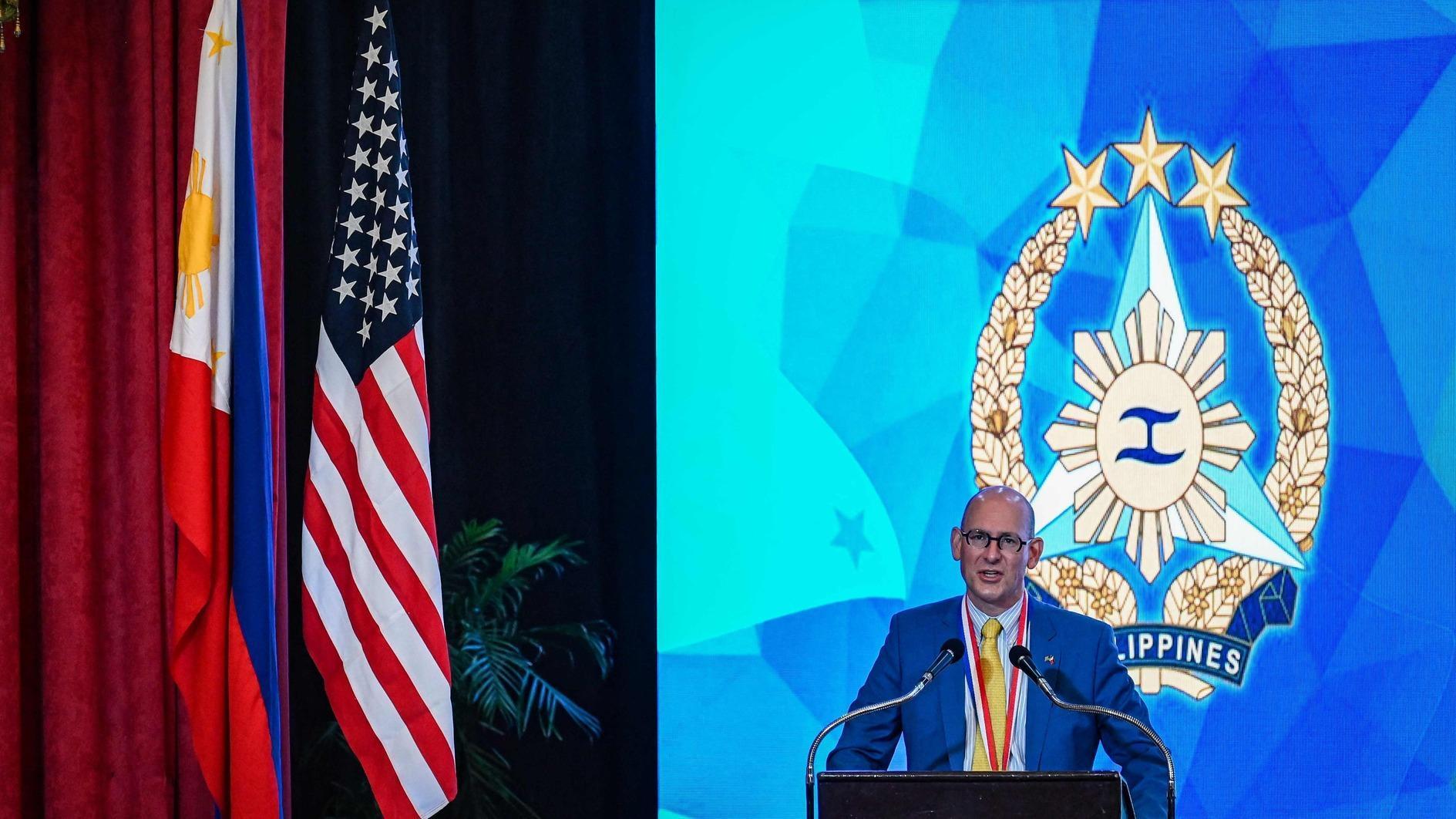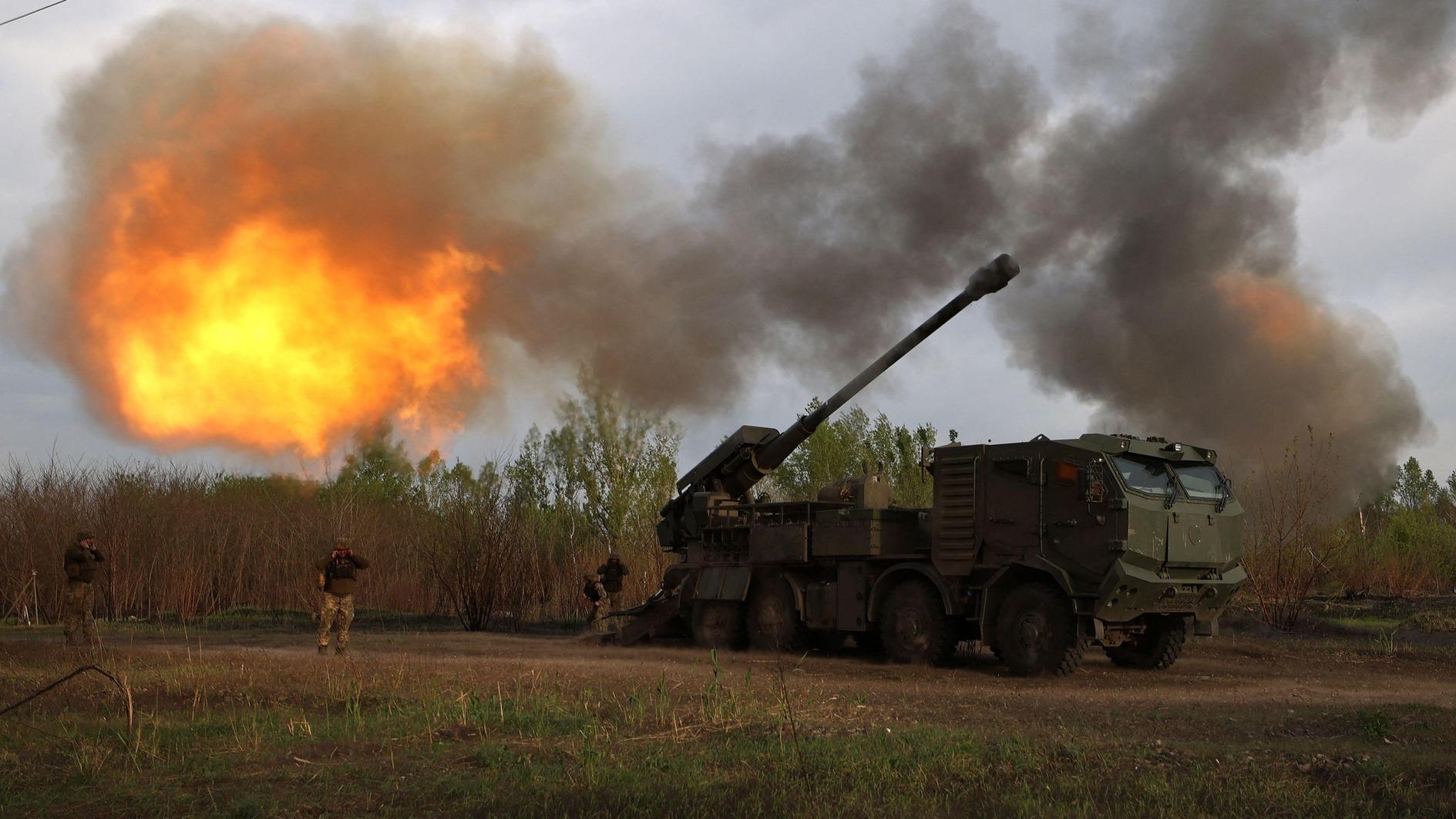Violence and women subject of new movie
EMRAH GÜLER ANKARA - Hürriyet Daily News

Penned by veteran filmmaker Barış Pirhasan and directed by his son Yusuf Pirhasan as his debut feature, the film’s title refers to an address in Istanbul.
It is not often you see an all-female cast in Turkish cinema, let alone in Turkish comedy. The fact the recent “Kurtuluş Son Durak” (Last Stop Kurtuluş) is set around a deeply-rooted issue like violence against women makes the movie an even more important development to Turkey’s pop culture.Penned by veteran filmmaker Barış Pirhasan and directed by his son Yusuf Pirhasan as his debut feature, the film’s title refers to an address in Istanbul. The residents of the apartment building are the other characters. When Eylem (Belçim Bilgin), a young female psychologist, moves to the apartment soon after being dumped by her fiancé just weeks before their wedding, she at first tries her best to maintain her distance with an eclectic mix of female neighbors.
Soon, Eylem is drawn to these women whose common denominator is being exposed to violence or abuse of some kind from the men in their lives. The other women living in the apartment building, which is called Saadet or “bliss,” are the cheerful Füsun (Asuman Dabak) who runs the hair salon at the entrance of the building, Vartanuş (Demet Akbağ) who has devoted her life to looking after her bedridden father, Goncagül (Nihal Yalçın), a former singer at second rate night clubs and mistress of a macho man, Gülnur (Ayten Soykök) who has come to accept the daily beatings by her husband, and Tülay (Damla Sönmez), Gülnur’s daughter, whose heart breaks every time her father attacks her mother.
As Eylem bonds with these women who have resigned to their lives being defined by men oppressing them in different ways, she undergoes a transformation that eventually impacts all of their lives. The film shows its true colors as a dark comedy as they devise their own alternative ways of rebelling against the male oppression in their lives.
In the past decade, changes have been made to the Civil Law and the Penal Code in Turkey to fight violence against women and, to some degree, the social acceptance of that violence. Perhaps the most crucial legal change came when mandatory life sentences were introduced for those who performed honor killings, a prevalent social punishment system encouraged by cultural codes, deeming women to be possessions of men through marriage and family.
Turkish TV series glamorize violence against women
Despite legal endeavors, violence against women continues to be a bleeding scar in the country, with nearly half of all women suffering beatings by their husbands, according to a study titled Domestic Violence Against Women in Turkey.
Last May, the murder of Ayşe Paşalı by her husband and his subsequent trial became a symbol for the state’s approach to violence against women, from the police to the courts. Since then, the mainstream media has mostly been quick to cover similar cases with less tolerance.
While Turkish cinema is more reluctant to normalize violence against women and has provided some memorable female characters that have refused to be victimized in recent history, the same cannot be said for mainstream Turkish television.
The 2010 fall TV season began with a bunch of new series, including the remake of a classic 1986 movie “Fatmagül’ün Suçu Ne?” (What’s Fatmagül Guilty of?), one of the first movies starring the diva Hülya Avşar. It told the story of Fatmagül, who was forced to marry one of her rapists, a practice not unheard of in Turkey.
The episode with the rape scene generated some of the highest ratings on TV, initiating a trend of including scenes of rape or rape attempts in no less than three other series. The newspapers and websites affiliated with the channels showing these series not only advertised these scenes aggressively, but went as far to glamorize and sensationalize these scenes.
The backlash came after talk of increasing rape scenes in TV series, succeeding at least to transform the leading character in “Fatmagül’ün Suçu Ne?” making her a woman in control of her life, not a victim of male oppression. What Turkish TV series do need is more female characters and women’s stories like those seen in “Kurtuluş Son Durak.”
















